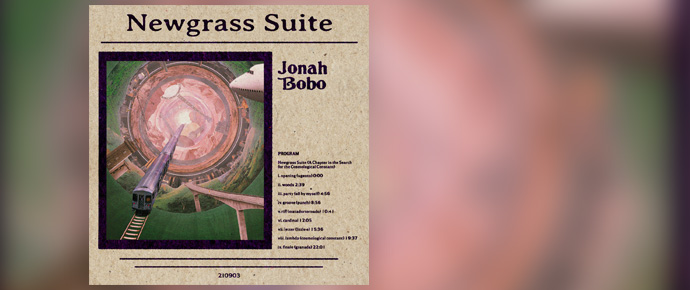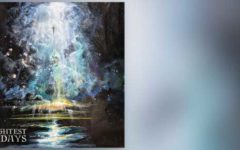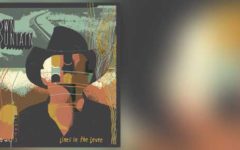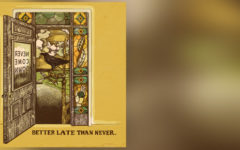
It’s not uncommon for music to be grouped into categories. Even within bluegrass and other genres of acoustic music, there tend to be multiple sub categories for different approaches such as progressive bluegrass, alternative country, and as of late, grassicana. Although Jonah Bobo’s debut release is titled Newgrass Suite, the tunes run the gamut of the musical spectrum.
Bobo, a multi-instrumentalist and theatre artist based in New York City, has put together an interesting collection of all original compositions. Most of the recording is instrumentally based, but a few tracks such as Party (All By Myself) and Letter (Little E) showcase Jonah’s singing abilities.
The greatest strength of Newgrass Suite is its sequencing. Each of the tracks (or in this case movements) flow together beautifully and are incredibly effective. This is most evident with Groove (Punch) followed by Riff (matadortornado) and Cardinal. These three tracks in particular pull the listener in so deeply that you almost forget you’re listening to multiple compositions.
Another strong point of Newgrass Suite is the instrumentation on each piece. Along with your standard bluegrass instruments, you can also hear cello, flute, accordion, and trombone among many others. Jonah Bobo is assisted by a slew of guest musicians on this project, such as Marybeth McKay on fiddle, Thomas Brody on bass, and Grace Dashnaw on cello, just to name a few. The number of musicians on each track varies. Most of them, such as Woods and Lambda (Cosmological Constant), employ a four to six piece ensemble, while the closing track, Finale (Granada), features a total of twelve instrumentalists. Party (All By Myself) is solely Bobo on guitar, banjo, mandolin, fiddle, dobro, bass, and vocals.
So what exactly is Newgrass Suite? It does obviously contain elements of newgrass and classical music, but there are many other styles mixed in as well. It would be difficult and perhaps unfair to even attempt to categorize this project. The array of ideas created by Jonah Bobo gives Newgrass Suite the uniqueness that it has. It’s a recording that lends itself to open interpretation by whoever listens to it.







